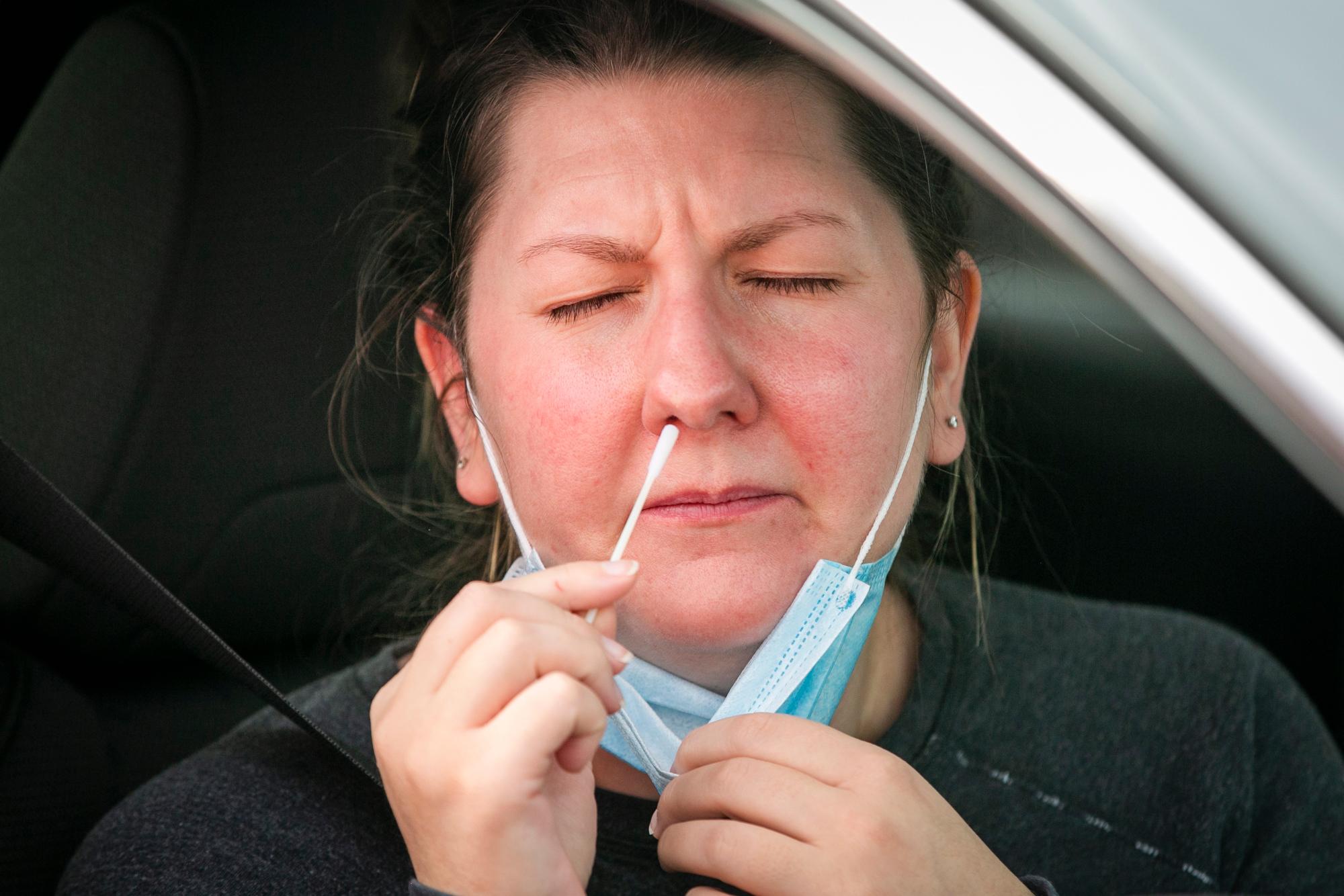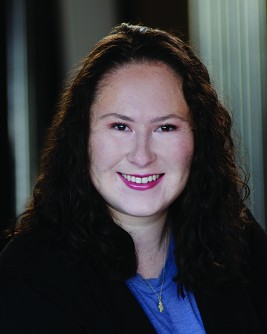
You braved long lines at a testing center and you got a COVID-19 test. You came back negative. Now you can go have a normal Thanksgiving weekend with your family, right?
Wrong.
Though a negative COVID-19 test is great news, experts say it doesn't mean it's safe to disregard public health guidance on social distancing, mask-wearing, and limiting contact with people outside your household. And it doesn't guarantee you don't have the virus.
"We're all, with our own individual immune systems, going to have different presentations of how the virus is handled ... and everyone's time course will be different," said Alan Rudolph, vice president of research at Colorado State University.
Test results show one moment in time. The virus may not have been present at the time the sample was collected, but the person could still be exposed and test positive later.
In Colorado, the chances that someone can test negative and then be exposed to the virus a day — or even an hour — later are increasing.
One out of every 49 people in the state is currently infected with the coronavirus, according to modeling by the Colorado Department of Public Health and Environment and the Colorado School of Public Health. That's by far the highest prevalence since the virus arrived in the state.
Despite that, Denver International Airport is expecting some busy days this week as people are traveling to and from their Thanksgiving dinners. DIA spokeswoman Alex Renteria said the airport expects holiday travel to be down by only 36 percent from last year.
The Centers for Disease Control and Prevention have recommended that Americans avoid traveling for Thanksgiving to prevent the spread of COVID-19.
And testing alone will not keep people safe.
The common test for COVID-19 is a PCR test. A negative result means the virus's genetic material was not detected in the sample. For the average person, it takes several days for the virus to replicate enough to show up in a nasal, saliva or blood sample. Scientists call that the viral load. So if you got a test Monday but were exposed the previous weekend, it likely wouldn't show up on your test results.
"This [PCR] test is pretty good which is why it's being so widely used. The sensitivity and specificity and ranges are very good overall, but, you know, no test is perfect," Rudolph said.
False negatives from a PCR test are extremely rare, according to the Colorado State Joint Information Center. But, "false negatives from a rapid antigen test can occur because the test is less sensitive and might not detect low levels of the virus," the center said in an email.
Still, the center said a negative test should not release someone from quarantine because symptoms of COVID-19 might not appear for up to 14 days after exposure.
Rudolph agrees.
"Even with a negative test, one shouldn't abandon other safeguard measures," Rudolph said. "The wearing of a mask, the social distancing, the reduction in the number of people that you're associating with the so-called use of a personal pod or a family pod. These are all measures that could be done independently of any testing result and even with a negative test are really wise to continue those practices."
With the dangerously dramatic increase in cases, the Colorado State Joint Information Center said everyone should cancel gatherings with people they don't live with — and that includes Thanksgiving gatherings."
"Now is the time to take every precaution," the center said.
CPR's Alison Borden contributed to this report.









